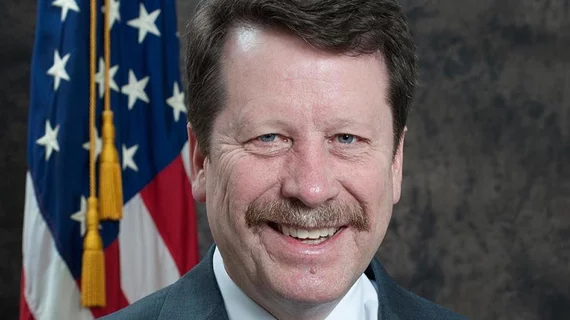Biden expected to choose cardiologist who served under Obama as next FDA commissioner
President Joe Biden is expected to nominate Robert Califf, MD, a practicing cardiologist and professor of cardiology at the Duke University School of Medicine, to be the new head of the FDA.
If approved, this would be a familiar position for Califf—he briefly served as FDA commissioner under President Barack Obama in 2016. It was reported at the time that prominent cardiologists hoped he would stay in the role under President Donald Trump, but that did not happen.
Califf also made headlines in late 2020 when he was one of seven former FDA commissioners who urged the White House not to interfere with the development of COVID-19 vaccines.
Janet Woodcock, MD, has been serving as the acting commissioner of the FDA since the beginning of the Biden administration in January 2021. She was not expected to be given the full-time job, however, and Biden had to announce his nomination by Nov. 15.
Update: Biden has now made the selection official.
"Dr. Robert Califf is one of the most experienced clinical trialists in the country and has the experience and expertise to lead the FDA during a critical time in our nation’s fight to put an end to the coronavirus pandemic," he said in an official statement. "As the FDA considers many consequential decisions around vaccine approvals and more, it is mission critical that we have a steady, independent hand to guide the FDA. I am confident Dr. Califf will ensure that the FDA continues its science and data driven decision-making."

